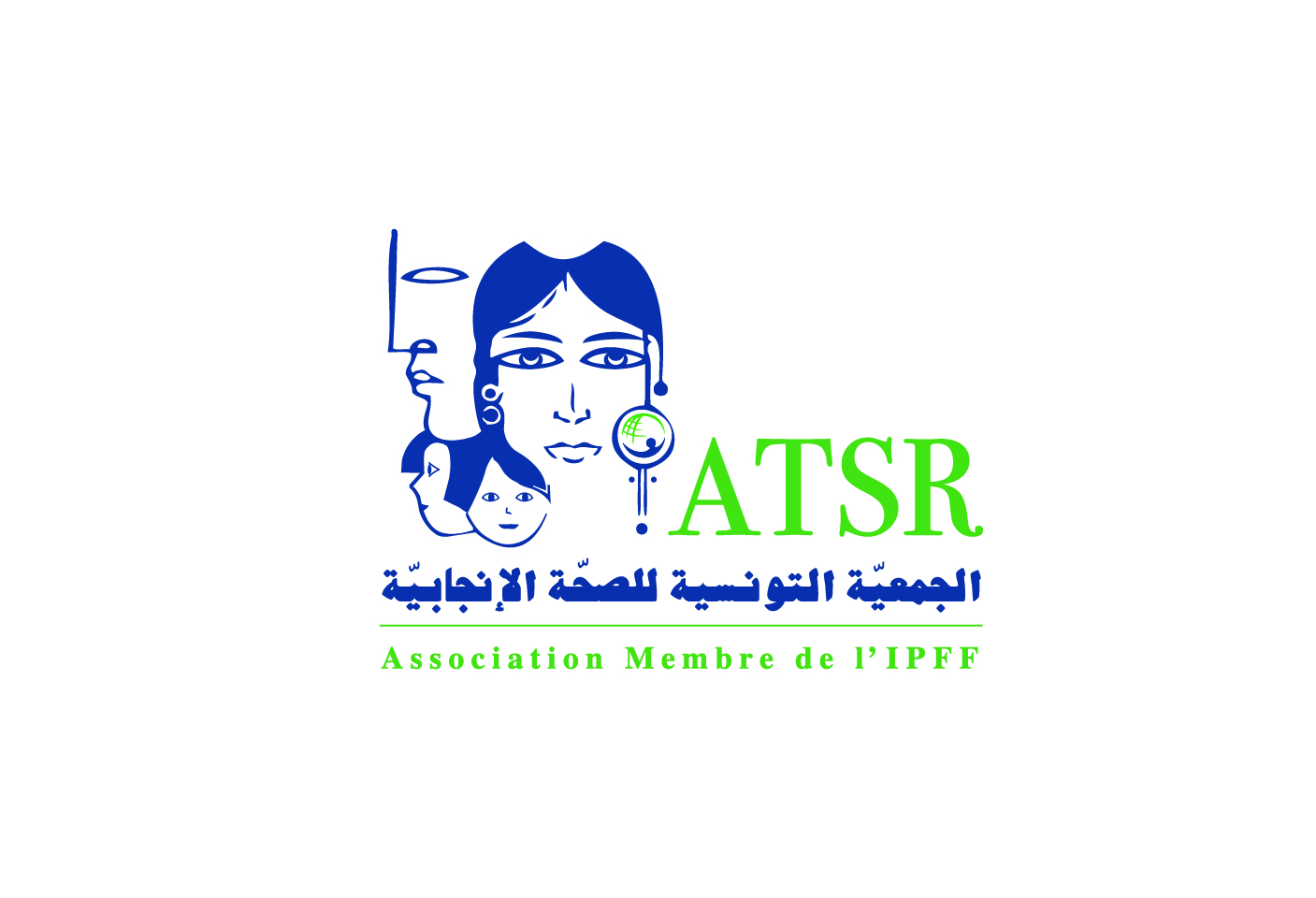

| 31 March 2016
Association Tunisienne de la Santé de la Reproduction
The Tunisian Sexual and Reproductive Health Association (ATSR) was established in 1968 and joined IPPF in 1969. It is government-supported and plays a key partnership role with public health services in Tunisia. It has run a number of government and UNFPA- funded initiatives (such as the Family Health Project, designed to raise awareness of family planning amongst deprived communities). ATSR works together with the National Office for the Family and Population (ONFP) to deliver free sexual and reproductive health and rights (SRHR) services, including family planning and education and communication (IEC) programmes to sensitise peri- urban and rural populations about family planning. Additionally, ATSR is heavily involved in raising awareness about sexually transmitted infections (STIs) and HIV and AIDS, dangerous behaviour, male responsibility, pre-marital medical examination, violence against women, and unsafe abortion. It runs innovative projects for disabled people and for single mothers. The organisation's recommendations feed into the development of Tunisia’s national family planning policy, ATSR has become central to the practical implementation and achievement of government objectives. Contacts Website: http://atsrtn.org/ Facebook: https://www.facebook.com/www.atsrtn.org Twitter: https://twitter.com/ATSRTN

| 31 March 2016
Family Planning Association of India
Established in 1949, the Family Planning Association of India (FPAI) is a founding member of IPPF. Its work in sexual and reproductive health (SRH) covers safe motherhood and child survival, empowerment of women, male involvement, adolescent health and youth development. FPAI works closely with non-governmental organizations (NGOs) and the government. It runs 39 permanent clinics, 101 mobile facilities, and has a network of nearly 2,700 community-based distributors /services (CBDs/CBSs). It works with 563 private practitioners and 196 other agencies. In addition, FPAI operates 3 infertility clinics, a contraceptive retail sales programme, and a condom dispensing service. In total, FPAI operates over 4,000 service points. A community-centred approach is at the core of FPAI's work. Our programmes are designed to deliver improved health and standards of living, better decision-making, and greater self-reliance. It aims to enable men and women to form local voluntary groups to initiate action in communities. Work primarily focuses on under-served rural areas and urban slums. The organization exploits a variety of media to impart its message, including film, radio, newsletters, journals and other print materials, as part of a wide-ranging education programme addressing topics such as family planning, maternal and child health, the risks of unsafe abortion, infertility, the prevention of sexually transmitted infections (STIs) and counselling for newlyweds. FPAI encourages the empowerment of women through mahila mandals (women's groups), balwadis (nursery schools), and literacy and income generation programmes. It’s been addressing the concerns of young people in a holistic manner through 30 Sexuality Education, Counselling, Research, Training/Therapy (SECRT) Centres spread acrosss the country. The centres offer youth-friendly services that prepare young people for their future by building the confidence and self-esteem essential to forging healthy relationships. They also offer counselling and information on various developmental issues, including sex, coping with preer pressure, relationships, responsible sexual behaviour, marriage, parenthood, contraception and the prevention of STIs including HIV and AIDS. As an advocate, FPAI exerts influence through community representatives, through the media, and through representation on government bodies such as the Central Health and Welfare Council and Steering Committee on Population Education. Contacts Website: http://fpaindia.org/ Facebook: https://www.facebook.com/FPAI.national







